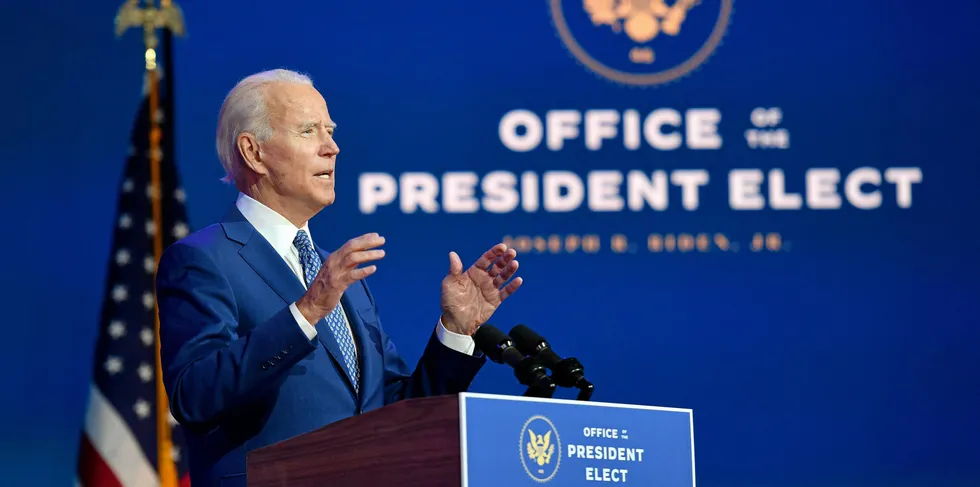'When Joe Biden said "We stand at an inflection point" he was speaking to the US and the world'
Donald Trump's departure will end dark days for America's energy transition but his successor's role in the renewables revolution 'can't be overestimated', writes Darius Snieckus
